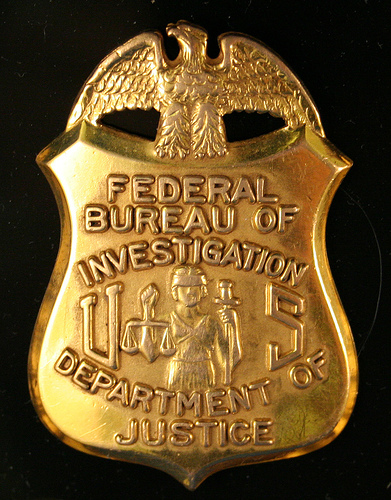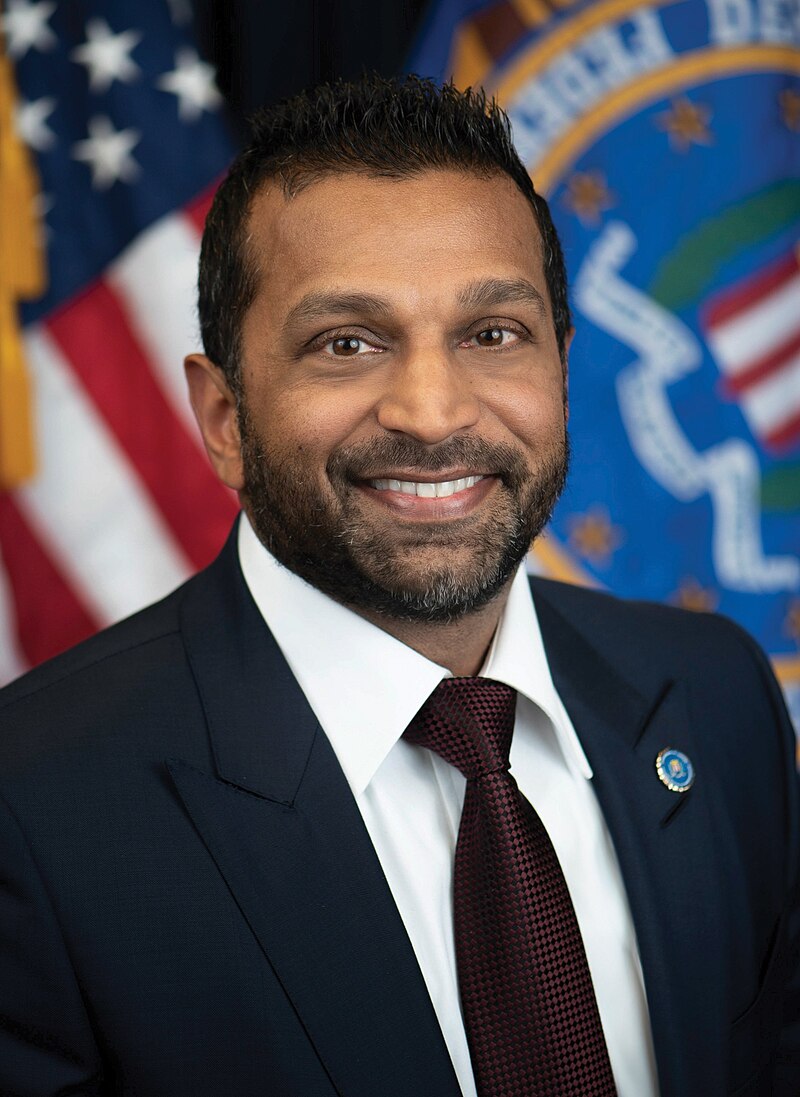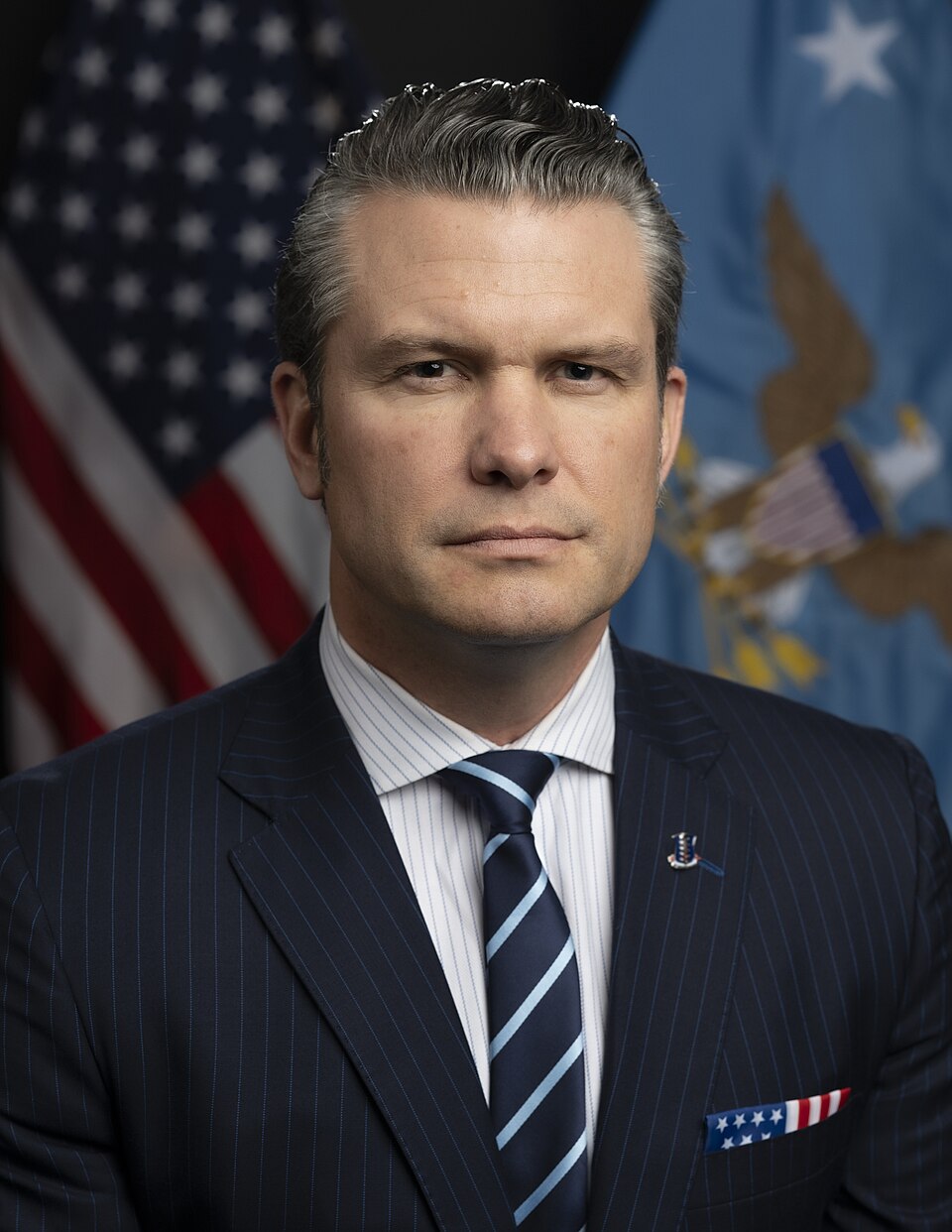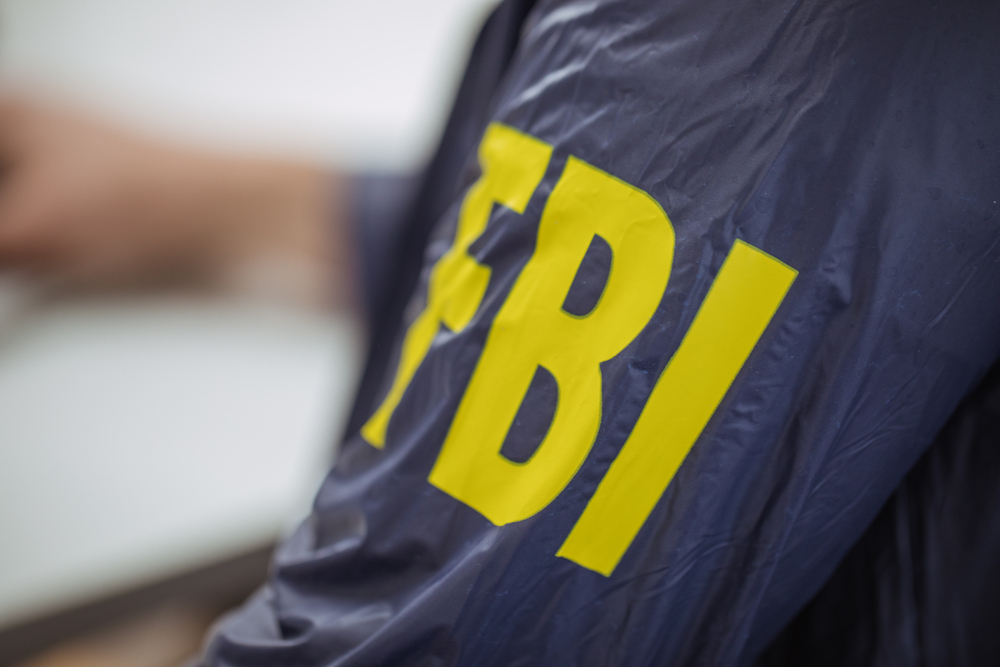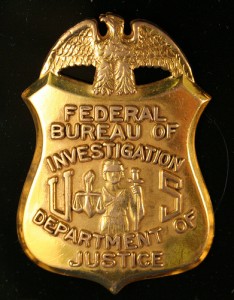 By Michael German
Defense One
By Michael German
Defense One
There seems to be a growing consensus that protecting intelligence community whistleblowers is important to national security. More needs to be done to protect them.
During his 2013 nomination hearing to be FBI director, James Comey called whistleblowers “a critical element of a functioning democracy” and vowed to protect them from reprisals. He said that “folks have to feel free to raise their concerns, and if they are not addressed up their chain-of-command, to take them to an appropriate place.”
This might sound comforting to an FBI agent considering reporting internal waste, fraud or mismanagement. The problem is that any FBI employee taking Comey’s advice would find themselves stripped of the meager protections offered through Justice Department regulations governing FBI whistleblowers. Most people who see a problem on the job naturally report it first to their own supervisor. But the regulation only protects disclosures made to a handful of high-ranking officials and not those made to direct supervisors in the employees’ chain-of-command. So, the regulation serves more as a trap for would-be whistleblowers rather than a shield against retaliation.
It has a real chilling effect. The Justice Department dismisses a significant portion of FBI whistleblower claims because they are reported to the wrong person, according to the Government Accountability Office. The FBI is the only federal agency that doesn’t protect chain-of-command whistleblower reports to supervisors.
But don’t think those correctly navigating the Justice Department’s regulatory requirements have an easy path. FBIwhistleblower cases are adjudicated in an internal Justice Department process that is exempted from judicial review. The Justice Department argues that allowing FBI whistleblowers to go to court would risk exposing sensitive national security information.
To read more click here.

